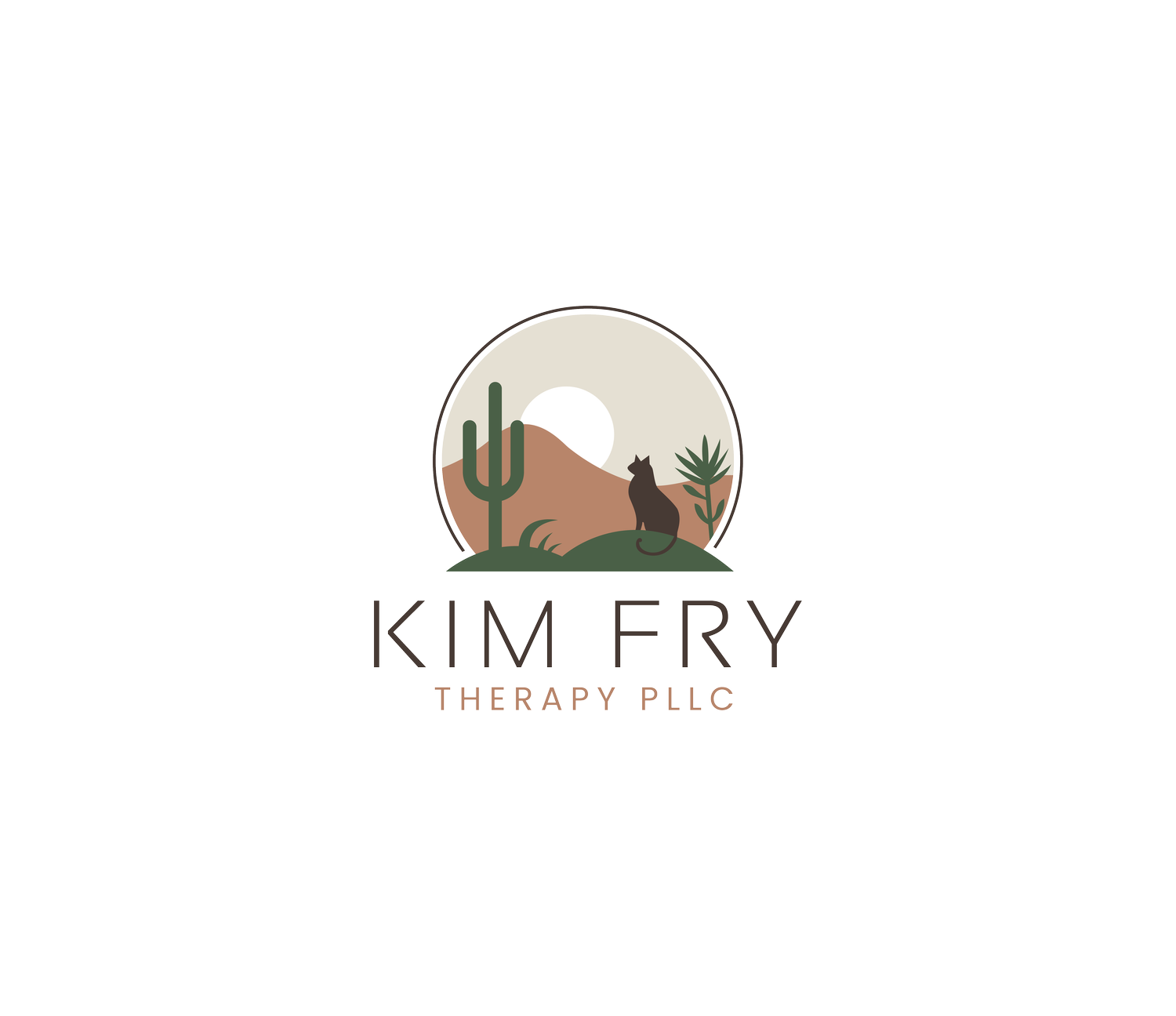You Don’t Have to Know Everything to Be a Good Therapist
Let go of the pressure to be perfect. Here’s what actually makes you a great LMFT Associate—and it’s not having all the answers.
If you’ve ever sat across from a client and thought:
“Am I doing this right?”
“What if I mess this up?”
“Shouldn’t I know what to say right now?”
—You’re not alone.
Almost every LMFT Associate I supervise brings up some version of this fear. It makes sense. You’ve spent years studying theories, memorizing interventions, writing papers, and passing exams. And now you’re expected to walk into a room and be a therapist.
But here’s the truth:
You don’t have to know everything to be a good therapist.
What Clients Actually Want (Hint: It’s Not Perfection)
Most clients aren’t expecting you to be an all-knowing expert or to have a magical solution in session one. What they are looking for is:
Someone who listens without judgment
Someone who shows up with curiosity and compassion
Someone who creates a space where they can be seen, heard, and understood
Clinical knowledge matters—but connection matters more.
The Myth of the "Fully Formed Therapist"
Many new therapists believe that good therapy comes from having the “right answer” at the “right moment.”
But in reality, therapy is a living, evolving process. Growth happens in relationships, not in perfectly scripted interventions.
And spoiler: Even experienced therapists have sessions where they feel unsure. We still reflect, consult, and revisit our own discomfort. The difference is that, over time, we get more comfortable not knowing everything.
What Makes You a Good Therapist (Yes, Right Now)
You might not believe that you “know enough,” and sure, there’s plenty more to learn, but here’s what you do bring to the room:
Empathy and attunement
Willingness to learn
Ability to sit with discomfort
Insight into your own reactions
Capacity to care deeply about others’ growth
These are not small things. These are the building blocks of therapeutic change.
Supervision Is the Place to Be Human
In my supervision work with LMFT Associates, I hold space for exactly this: the doubts, the messiness, the moments you wish you could rewind.
Supervision isn’t about pretending you have it all together. It’s a space to say:
“That session really got to me.”
“I froze and didn’t know what to say.”
“I feel like I’m failing.”
And to be met with support, perspective, and growth, not judgment.
You’re Becoming, Not Performing
Being a therapist isn’t a role you play, it’s a relationship you build. That means giving yourself permission to:
Be imperfect
Ask questions
Not know the answer
Reflect and try again
Let your intuition guide you
You don’t have to be the “expert.” You just have to be present, honest, and committed to growth. The rest will come with time, practice, and support.
Looking for a Supervisor Who Can Support You As You Grow?
I specialize in supervision that honors your intuition, centers authenticity, and helps you build confidence, not just competence. If you’re looking for someone who supports your growth without the pressure to perform, I’d love to connect.
👉 Contact me to schedule a free consultation here
👉 Grab my freebie: 30 Must-Have Resources for LMFT Associates
You’re allowed to be in-process. In fact, you’re supposed to be.

